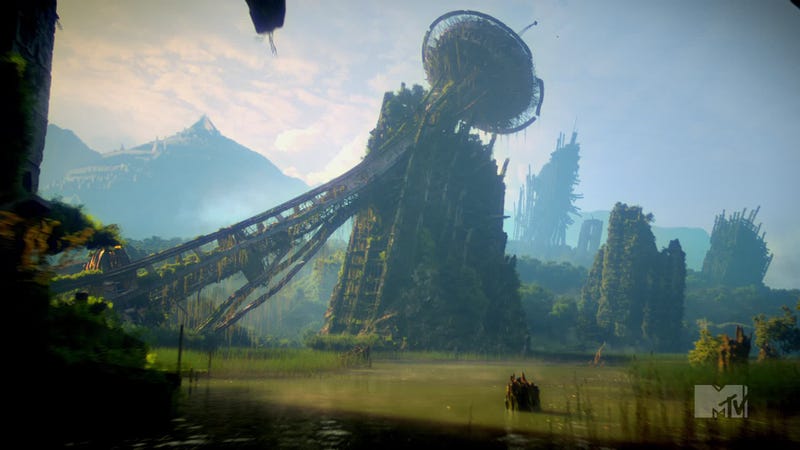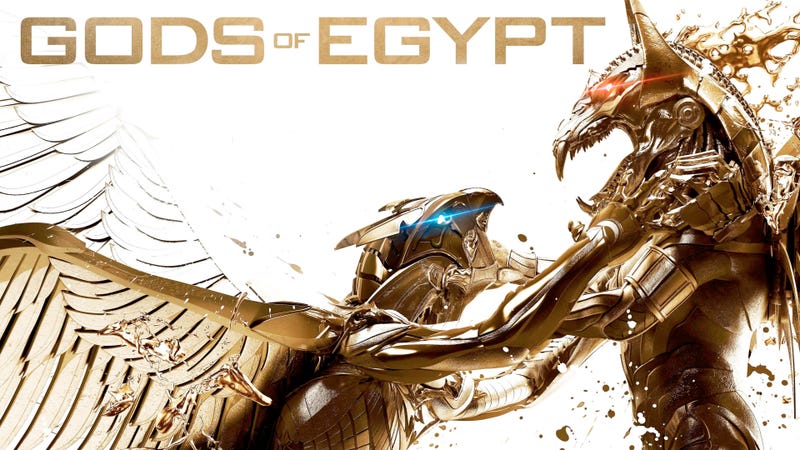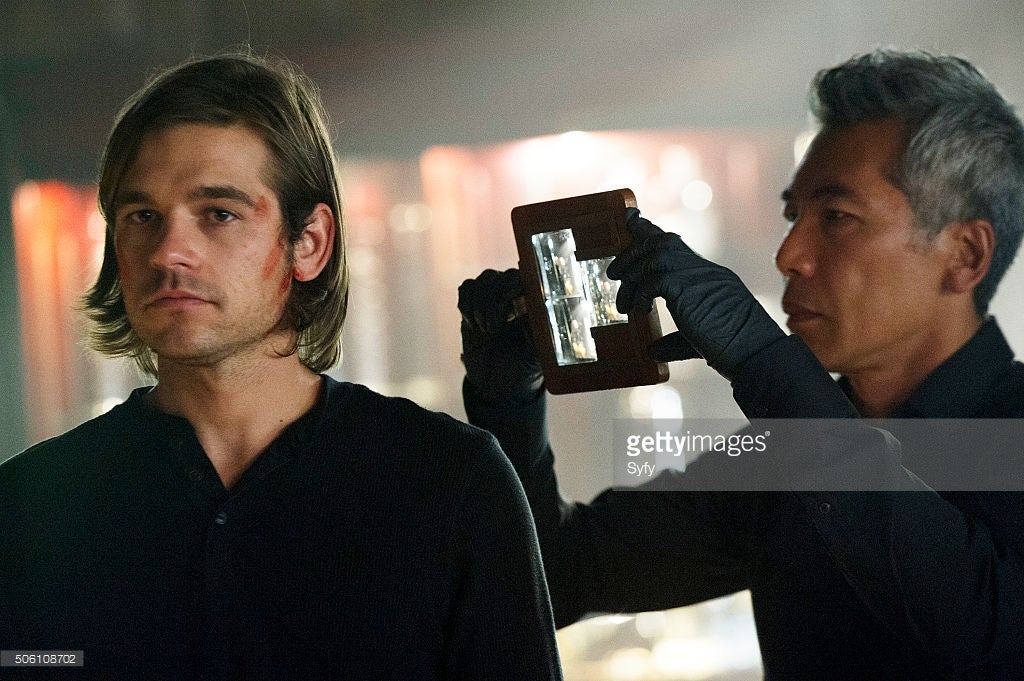Small reminder up front. My writing columns are about my experiences with the writing process so they offer more depth, but less breadth, than other writing blogs. Simply put, they’re less about generic advice and what did, or didn’t work for someone. YMMV.
So how does word building begin for a story?
With my previous works I was very much a pants-er, both in my story and my world building. The advantage is that I only create as much of a world as I need for the story.
But that was sort of a mess for novel one, which is why it’s hidden in trunk. It worked great for my Weird Western, but then again not so much for my proto-Steampunk Celtic/Roman Han mashup (that’s in editing right now).
To sum up, when the conflict* and the world is straightforward, being a pants-er is pretty doable. Add plot twists with evolving world building on the fly as the story develops and suddenly the story is in at a dead stop as I noodle out the details I need before I continue. Sometimes I realize the detail may never hit the page, but I until I chase that bit down the rabbit hole, I don’t know for sure.
That dead stop, though, drags down a process that’s already slow for a part-time writer. One bit I’ve picked up from writers like Chuck Wendig, Adam-Troy Castro, and Matt Forbeck is that outlines can help -- if you’re not a slave to them. And these guys are like word machines, both quantity and quality.
As I’m getting ready to do the legwork for my fourth novel. The biggest change to my method is a dedication to Outlining with a capital “O.”
And one way to outline a story is to start with an idea of who your heroes are, what they might need, and then dive into the villain.
No really, the bad guys maybe your most important characters in the story. Without them, there’s no conflict. But straight up baddies are no fun. So giving them motivations adds a little umph. So it goes something like this.
The hero interferes with the villain's plan by rescuing an innocent. But why did the bad guy need the innocent in the first place? Said innocent has a talent that’s in high demand? That kidnapping still makes him a cardboard villain, though.
But what if this bad guy, say a crime lord, was playing two sides of the fence, as they often do. Sure, he’s making a profit, but that profit helps others or sticks it some assholes. Now the dimmer switch in me brain is starting to turn past the “On” position.
So talented innocent is a sculptor which is great when you need printing plates for counterfeit money to either fund the resistance or destabilize the real bad guys, right?. That’s promising, but why isn’t my hero already working for said resistance. Is she part of the problem? Neutral in said conflict?
I’m not excited by that track, time to spin up the old gray matter again. Maybe it’s a more low-key occupation? Puppet government maybe? I feel like I’m getting warmer.
Now I’ve noodled out that a background situation that’s simmering, but not ready to boil, has potential. A fantasy Casablanca or Morroco starts percolating.
If there’s more than one occupier, which makes it harder for the resistance to pick effective targets? If you give one a black eye, you’ve only really done the heavy lifting for other jerks and kept their hands clean in the process.
Then history comes to my rescue.
The Ottoman Empire and Poland were both were nations that had Prussia, Austria and Russia screwing with them for centuries. Neither country thought that was a picnic.
So now I have four countries to invent in the short term. Three superpowers and the beleaguered land they all fight over. And their capitals, and probably a lot more stuff I’m not even thinking of right now.
The key, I think will be to touch briefly on these at first. A sentence or paragraph that gets me going, but doesn’t mire me in a history paper for a fictional country.
Even though it’s going to be a fictional world, I now have a LOT of inspiration to draw from. I’m still debating if I should be very happy or very scared.
Whew. I need a break. I’m thinking that taking ten will be good. That’ll give me a chance to flesh out the airship crew.
*My plotting comes from the school of characters in need, and then offer them a conflict that leads them to their need. It’s a little more complicated than that, but it avoids the temptation of creating a plot that may or may not mesh with your characters.



